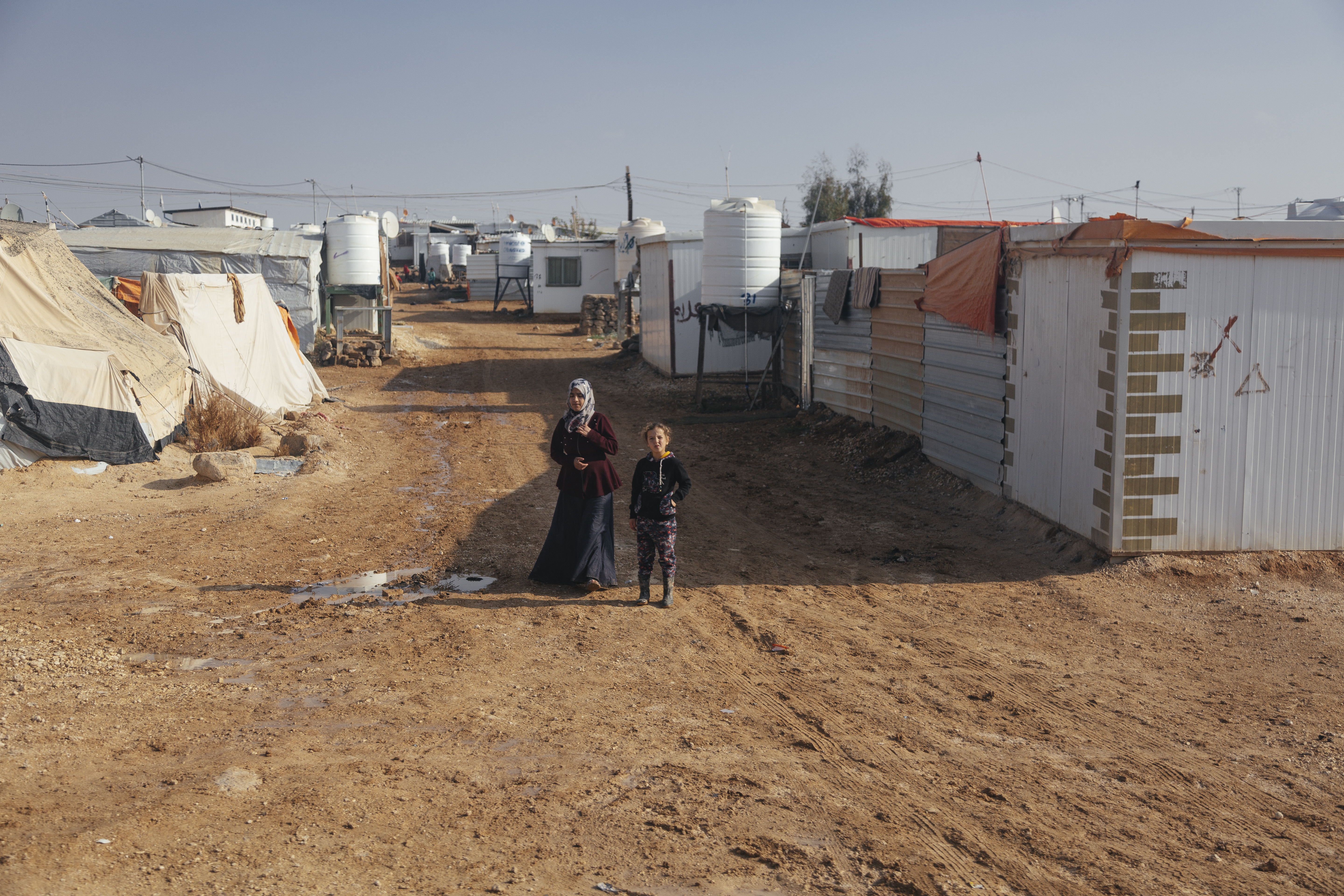Uniting
Research and Policy
James A. Robinson
Institute Director, The Pearson Institute
Reverend Dr. Richard L. Pearson Professor and University Professor; Harris School of Public Policy and Department of Political Science, University of Chicago; Recipient of the 2024 Sveriges Riksbank Prize in Economic Sciences in Memory of Alfred Nobel
An economist and political scientist, James Robinson has conducted influential research in the field of political and economic development and the relationships between political power and institutions and prosperity. Robinson shares the 2024 Sveriges Riksbank Prize in Economic Sciences in Memory of Alfred Nobel for his groundbreaking research on the root causes of global conflict and inequality, including what affects’ countries economic prosperity. His work explores the underlying causes of economic and political divergence both historically and today and uses both the mathematical and quantitative methods of economics along with the case study, qualitative and fieldwork methodologies used in other social sciences.
Robinson has a particular interest in Latin America, where he has taught every summer for over 25 years at the University of the Andes in Bogotá, Colombia, and in sub-Saharan Africa. He has conducted fieldwork and collected data in Bolivia, Colombia, Haiti, the Democratic Republic of the Congo, Nigeria and Sierra Leone. He has published three books co-authored with Daron Acemoglu, an Institute Professor of Economics at MIT. The first, Economic Origins of Dictatorship and Democracy proposed a theory of the emergence of and stability of democracy and dictatorship. Their second book, Why Nations Fail: The Origins of Power, Prosperity, and Poverty (translated into 41 languages since its publication in 2012), pulled together much of their joint research on comparative development and proposed a theory of why some countries have flourished economically while others have fallen into poverty. Their most recent book, The Narrow Corridor: States, Society and the Fate of Liberty, examines the incessant and inevitable struggle between states and society, and gives an account of the deep historical processes that have shaped the modern world.



